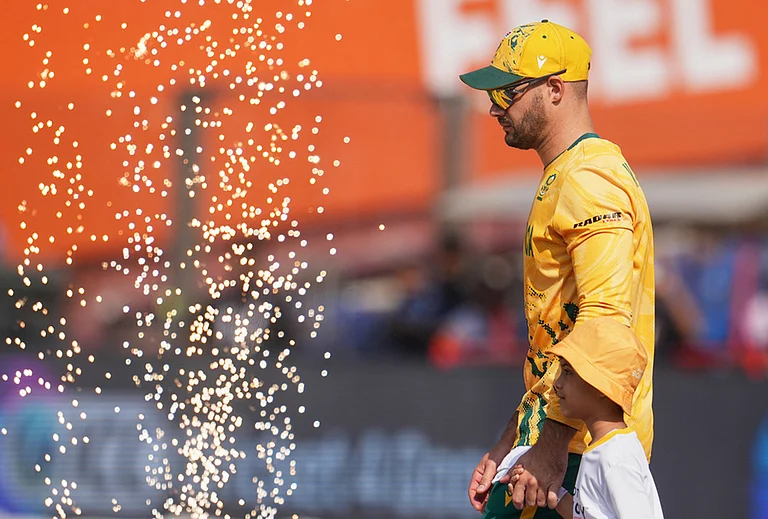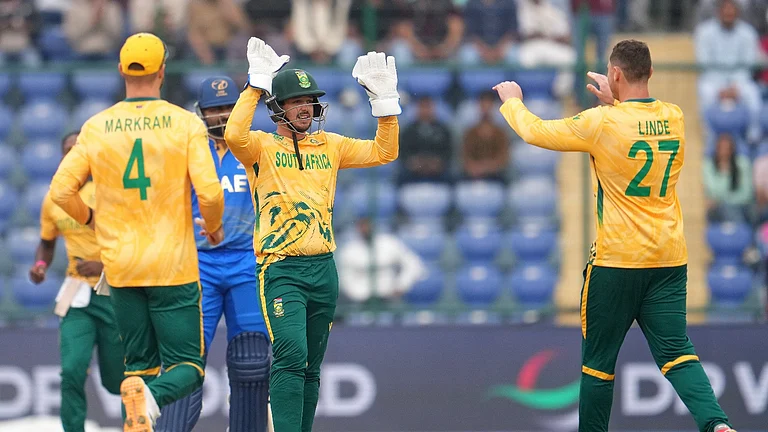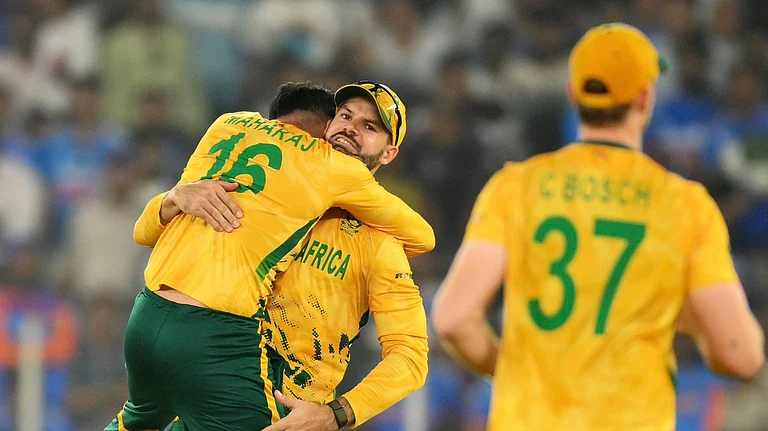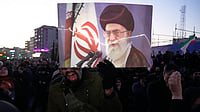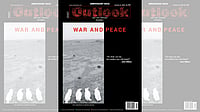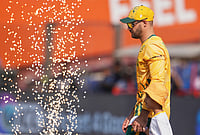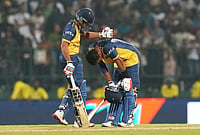But Home is no elegant comedy of manners. This is a brutal and succinct analysis of our heritage of misogyny. The novel documents neither rape nor infanticide nor sati (dowry murder is darkly hinted at). Instead, with unflinching accuracy, it explores the matrix of all extreme violence towards women—the family.
Banwari Lal and his sons are as traditional as they come. For ten years, Sona’s childlessness cheats her of the power that should rightly be hers as the eldest daughter-in-law. While not exactly faced with opprobrium, she certainly keeps count of the slights. The daughter of the family dies in Bareilly under suspicious circumstances and her young son Vicky is handed over to Sona to foster. She finds him revolting. Rupa, though, regards the boy with kindness if not understanding. Vicky, a watered down version of Heathcliff, is the catalyst in this story. His arrival pulls Sona from the vortex of dutiful relationships. Her rejection of Vicky magically leads to a pregnancy and—a consolation prize. A daughter, Nisha. Relieved of her barren status, Sona can begin assimilating power. And that’s what Home is all about—the fatal attraction of domesticity is neither love nor nurture, but power. Sona’s coldness towards Vicky finds deeper, if less open, expression in her treatment of her daughter.
Nisha’s appearance alters the pace of the narrative. Events telescope, urged on by Sona’s machinations. All that matters is that Nisha must be a fit matrimonial prize.Farmed out at Rupa Masi’s since she was six, Nisha has been cherished, her school work carefully guided by her loving uncle. Now a teenager, she is catapulted into Sona’s boot camp where careening between rasoi and pooja leaves no room for academic ambitions. What can Nisha do but fall in love? Alas, Suresh Kumar turns out to be as noncommittal as his name, and the Lals bludgeon the romance. Throughout this cruel segment of the novel, Kapur works skilfully at vitiating Nisha’s character. The girl’s brief rebellions lead nowhere. Each avenue she explores is a cul-de-sac. A lesser woman would have despaired. To Nisha, the glamour of Sona’s world is inescapable. When she consents to an arranged marriage with a widower, her subversion is complete. The book ends uneasily, with Nisha suckling twins.This is an angry book, and often, even a blistering one. The writer keeps it from lapsing into either caricature or polemic. Intent on its thesis she bangs the door in your face, leaving you at the even horizon of this black hole called ‘family’. Seldom has the ambivalence of familial loyalties been more scathingly explored. Humour is refused, hope rejected, and all escape routes are sealed off. Only confrontation remains. The Sona Lals of this world will never read this book. But every Nisha should.








